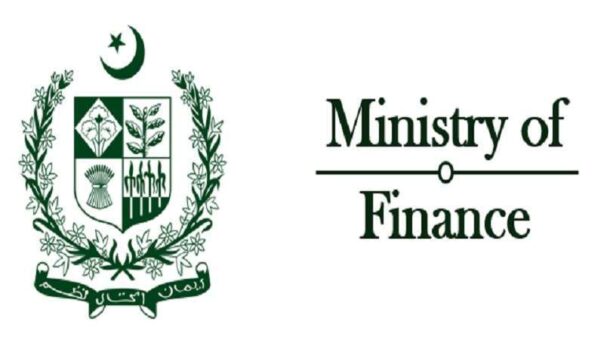In a crucial meeting held on Saturday, Finance Minister of Pakistan Muhammad Aurangzeb engaged with representatives from two of the world’s leading credit rating agencies, S&P Global and Fitch Ratings.
The discussion, pivotal for Pakistan’s economic outlook, focused on addressing the concerns surrounding the nation’s economic parameters, including the external debt situation, inflation trends, the primary balance, and the interest rate regime.
The engagement took place amidst increasing scrutiny by international financial markets and institutions, as Pakistan navigates through challenging economic waters. According to a press release issued by the ministry, the minister provided a comprehensive update on Pakistan’s economic health and the positive trajectory envisioned by recent reforms and international partnerships.
During the meeting, Minister Aurangzeb highlighted the constructive developments following the Standby Arrangement (SBA) signed with the International Monetary Fund (IMF). This arrangement is a cornerstone of Pakistan’s strategy to stabilize its economy, ensuring fiscal discipline while paving the way for sustainable growth.
The minister also pointed out the key reforms currently underway within the country. These reforms span critical sectors such as taxation, energy, and privatization, tailored to yield benefits across short, medium, and long-term horizons. Such reforms are essential for improving Pakistan’s fiscal framework and enhancing its investment climate, which are closely monitored by rating agencies for global credit ratings.
In addition to economic reforms, Minister Aurangzeb discussed his recent high-profile meetings with leaders of major global financial institutions, including the Managing Director of the IMF, the President of the World Bank, and executives from the Asian Infrastructure Investment Bank (AIIB) and the Asian Development Bank (ADB). These meetings underscore Pakistan’s proactive approach in engaging with international stakeholders to bolster economic support and cooperation.
Reaffirming the government’s commitment to align with global economic standards, Minister Aurangzeb also touched on the agenda set by the World Bank, which includes pivotal areas such as climate change, digital transformation, and human development. These areas align closely with the government’s priorities, reflecting a holistic approach to not only address immediate economic challenges but also to ensure sustainable development.
Furthermore, the Finance Minister hinted at potential investments from Saudi Arabia, which are expected to significantly bolster Pakistan’s economic stability. These investments are anticipated to flow into various sectors, promising to create jobs, enhance industrial productivity, and stimulate economic growth.
The meeting with S&P Global and Fitch Ratings comes at a time when Pakistan is keenly focused on improving its international credit rating. A better credit rating would facilitate lower borrowing costs, attract foreign investments, and stabilize the national currency. By addressing the concerns of the rating agencies head-on, Pakistan aims to project confidence and reliability, key to securing a favorable position in the global economic landscape.
This proactive engagement highlights the government’s strategic efforts to navigate through economic challenges by fostering transparency, initiating structural reforms, and enhancing international cooperation. As Pakistan continues to implement its comprehensive economic reform agenda, the world watches closely, anticipating the country’s successful stabilization and growth in the coming years.
